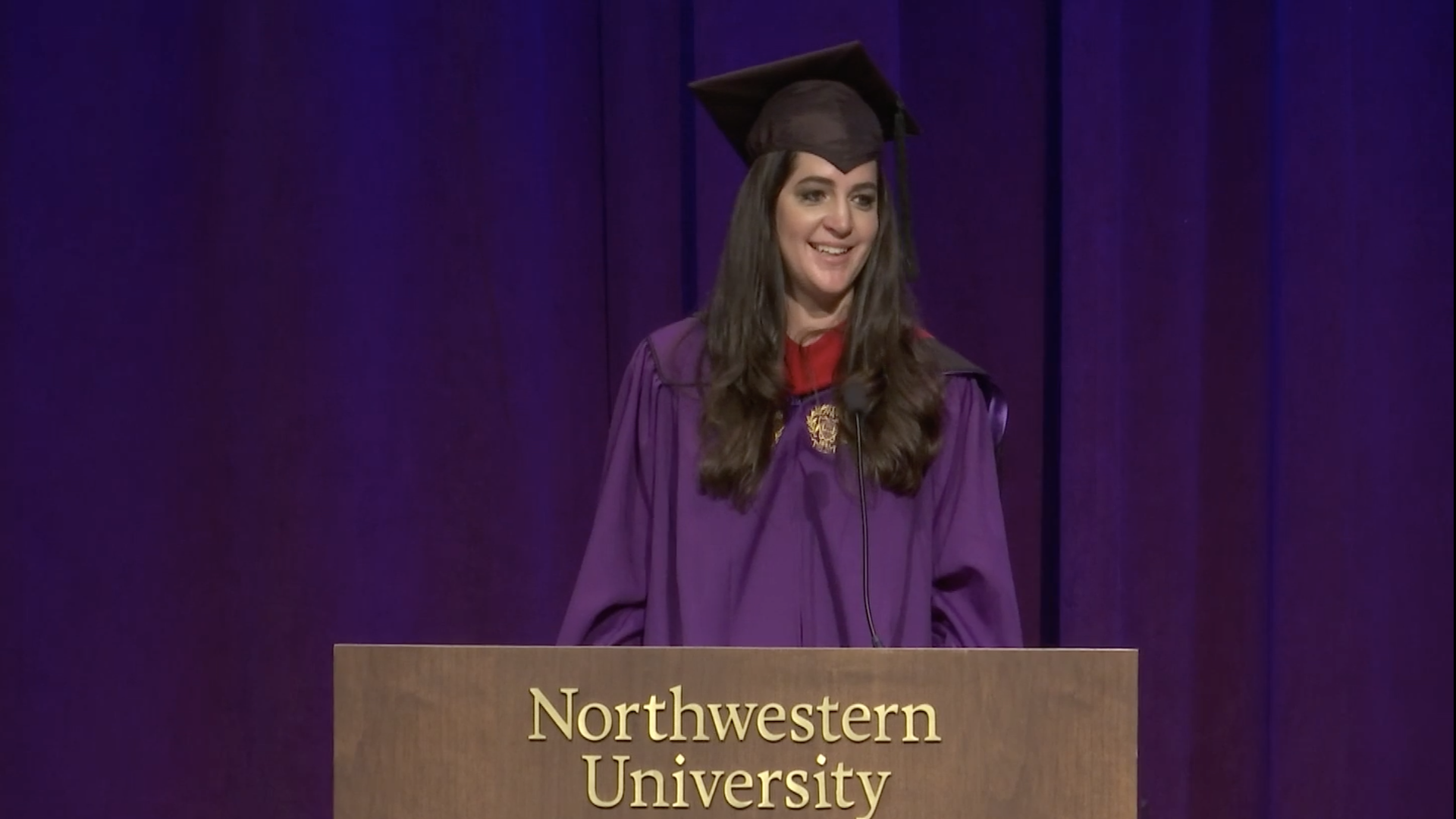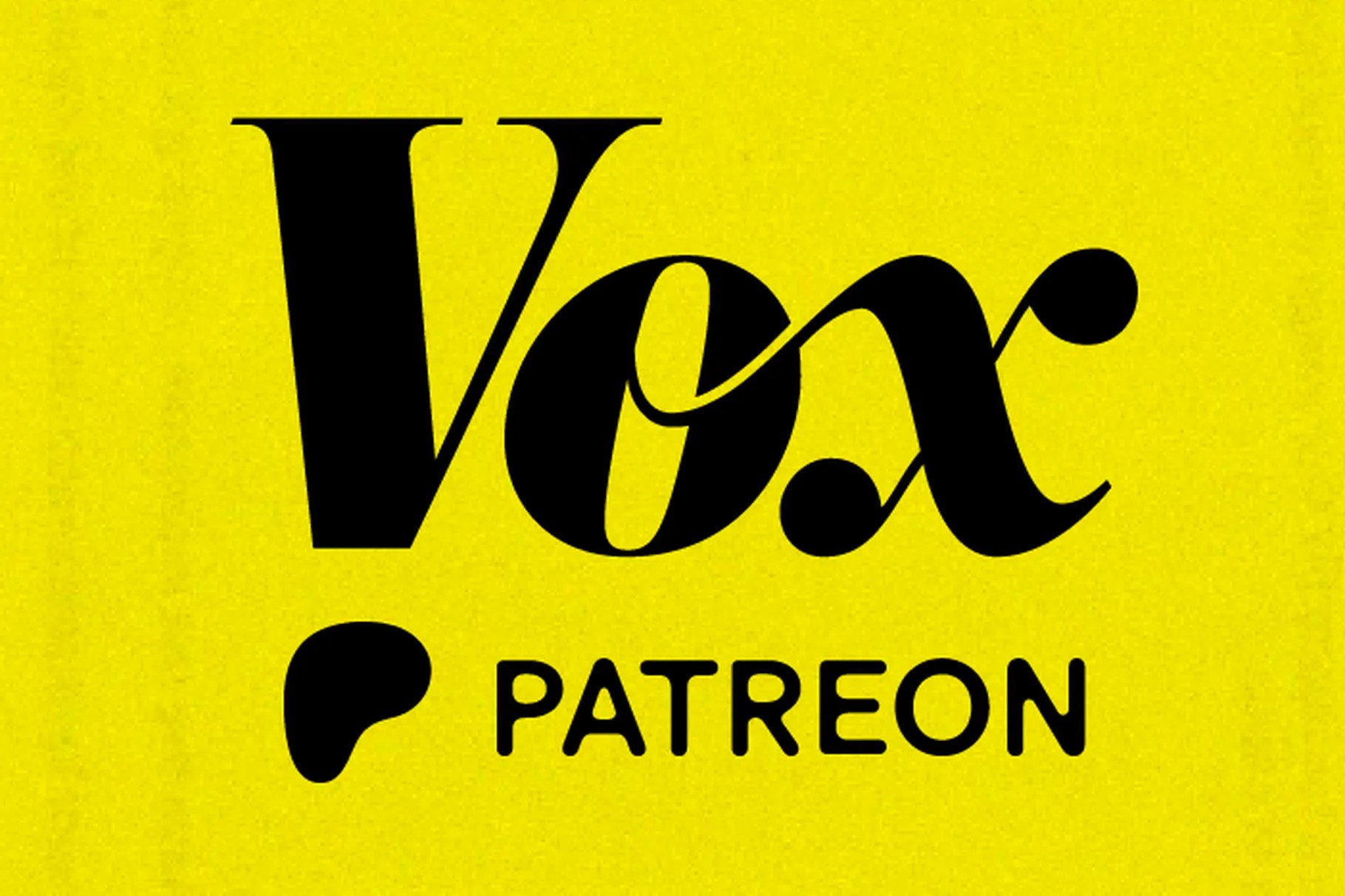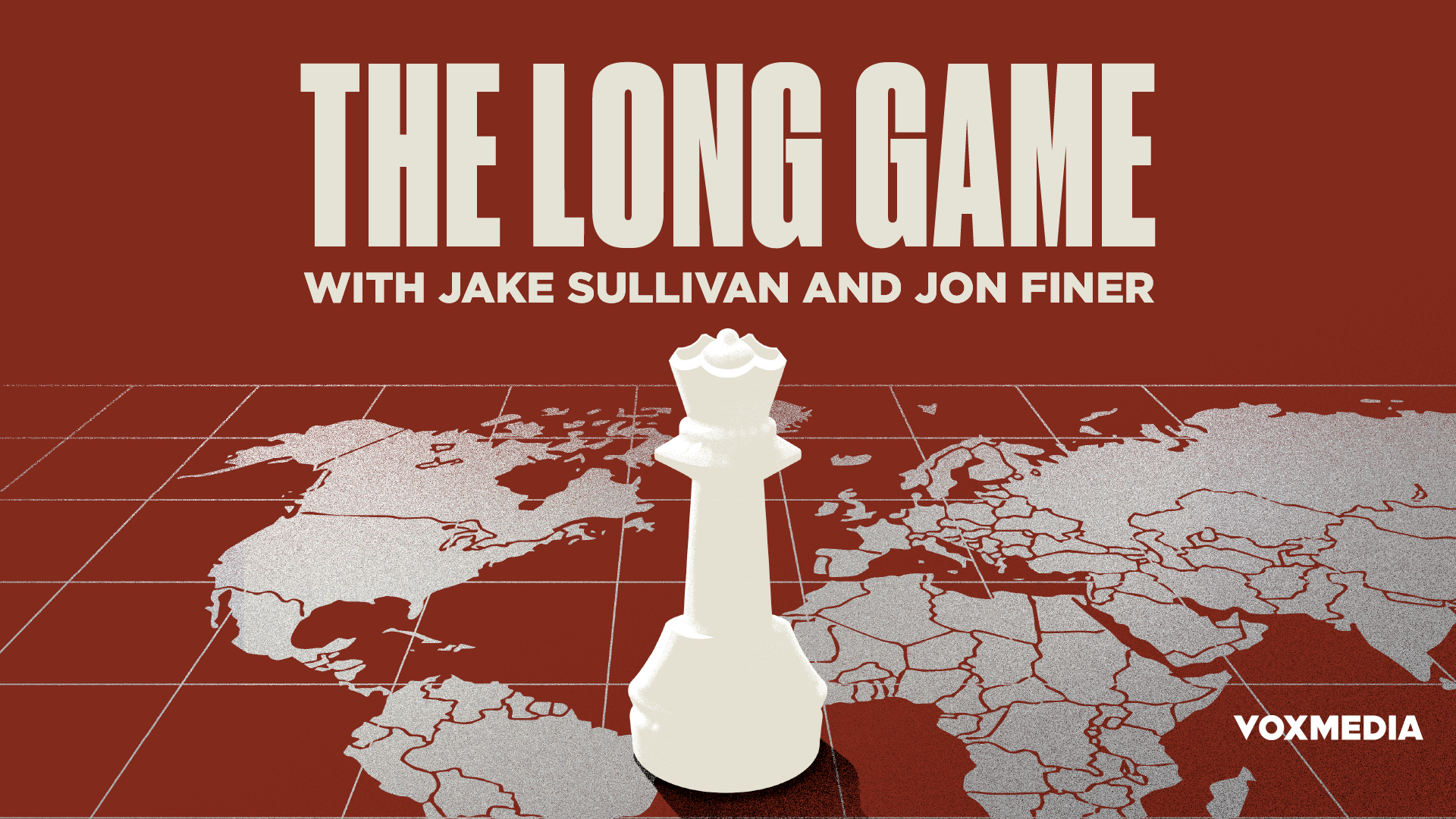This weekend, Vox Media publisher and Vox co-founder Melissa Bell returned to her alma mater, the Medill School of Journalism, Media, Integrated Marketing Communications, to congratulate the 2019 graduating class as the commencement speaker.
While today Bell is responsible for the editorial strategy and growth of all Vox Media networks — SB Nation, The Verge, Vox, Eater, Polygon, Curbed, and Recode — the path that took her to Medill School and to the career she holds today was far more surprising, winding, and challenging than expected. It was not, as she put it, “a straight line with me ending up as Susan Orlean of the New Yorker.”
Instead, Bell’s is an entrepreneurial career earned by way of four years at Mint in India; a dual product and editorial role at the Washington Post; launching Vox, a then-scrappy startup passionate about explaining the world; and self-taught business acumen to keep the industry she loves thriving and innovating.
With resolute optimism and unabashed honesty, Bell shared advice and hard truths to inspire and prepare our industry’s future journalists, creators, publishers, marketers, and media problem-solvers. Below are some of the highlights.
“Honestly assess where we are to figure out where we should go next”
In the last 14 years, around 1,800 local newspapers shut their doors, stranding communities across the country in local news deserts. Warped business incentives have turned television news shows into panels chock-full of talking — oftentimes, yelling — heads. Meanwhile, a new generation of consumers, with digital ad dollars following them, turn to social media for information — digital platforms which eschew editorial oversight, and as a result, serve up hate speech and harassment alongside valid news stories. Given this environment, it’s no surprise that less than half of all Americans say they trust the media.
Now, our industry has always been forced to grapple with polarizing rhetoric, new technology and shifting consumer trends. Long before Donald Trump started tweeting the words ‘fake news,’ Thomas Jefferson claimed, quote, ‘nothing can now be believed which is seen in a newspaper.’
So, we’re in a financial mess. No one knows or cares what is true anymore. And the ground is constantly shifting beneath our feet.
I really started on a cheery note, didn’t I?
“Be not only optimistic, but resolute”
See these problems as challenges, and recognize that you’re entering a field that needs you, deeply and truly. This is a hell of a time for journalism and for our audiences. And what can be more rewarding than pursuing a path where new ideas, new people, new voices are so very necessary?
I still shiver with joy that I found my way into journalism — into one of the best gigs in the world — and one so filled with purpose.
It’s what drives me every day at Vox Media — as we work to be a solution in our modern media landscape.
I don’t have all the solutions to the problems that our industry faces. I don’t know exactly where our industry is headed. And I have a lot more questions than I have answers.
But here’s what I do know. This is the most exciting time to pursue journalism, to care about how we communicate with one another, to think about how we tell each other our stories. It is the most exciting time to be searching for those answers.
“Say yes to what’s new and hard and scary and difficult. And if you’re not asked, raise your hand.”
My editor [at Mint, a subsidiary of the Wall Street Journal in India] asked if I would fly to Italy to spend a week learning this content management system — or in newsroom lingo, a CMS — and be our team’s ‘super user.’ I had no idea what he meant. But I said yes anyway.
I wanted to write. I did not want to think about the technological backbone of our publishing system. Maybe I just wanted a free trip to eat very delicious food.
But I said yes. I went. And I learned, for the first time, what the word “metadata” meant. And a world opened up to me. Years later, when I worked at the Washington Post, another writer complained to me that the same complicated CMS was slowing down his work.
Because of that ‘yes’ years earlier, not only could I understand what frustrated him, I knew I could fix it. That writer — Ezra Klein — eventually co-founded Vox with me.
Say yes. Especially when you have no idea what’s going on.
Say yes, and then overdeliver.
“Find your team, your cohort, your co-conspirators”
There are very few lone wolf success stories. No matter what Hollywood tells you. I am here today because so many other people have given me the gift of collaboration. And I have tried, in turn, to do the same.
It turns out we are all a little scared, a little uncertain. We have our individual strengths, we carry in us unique perspectives, yet we are rife with weaknesses, and too often, we fail to show our strengths as we work hard to hide our weaknesses from others.
Don’t do this.
Find your people. What strengths do you have that can help someone else? And what strength does someone else have that can help you?
“Embrace your failures”
Each and every one of you will fail at some point in your career. You’ll produce bad copy — and bad stories. You’ll have bad days — and bad months. In the beginning, especially, you will be told “no” more often than you will have the opportunity to say “yes.”
This is as it should be. You received a great education here, but there will still be so much to learn. You are not the best you can be yet.
There are a few of you thinking to yourself, yes I am. No, you’re not. You just got lucky and society has bestowed on you this false confidence. You are not that good. But don’t worry. You will get better.
And you will get better by making mistakes. If — and especially if — you pay attention to those mistakes.
Personally, as individuals, and collectively, as an industry — we need to do a better job reflecting on our failures — not just for the sake of our collective credibility, but for our own individual professional growth.
“Follow your effort — not your heart”
When the opportunity arose for me to move over to our larger parent company — Vox Media — and start to think about the direction and growth of our other networks — Eater, Curbed, Recode, The Verge, SB Nation, and Polygon — I hesitated.
This may sound ridiculous. I was offered the job of publisher at a company I deeply loved, and I still felt like I failed. That’s when Ezra told me: follow your effort — not your heart.
For so many years, I loved the idea of being a storyteller, and yet I spent all my time building systems and solutions to allow other people to tell the stories. It was only then that I realized my failure to commit to writing indicated that I had something different — something very good — to offer to the industry.
I followed my efforts. And here I am with all of you.
“Stick with it”
Thank you for being here and for pursuing the study of journalism. This industry is a lot of things. A ‘safe career move’ has never been one of them.
Stick with it. Even when it’s hard. Even if you leave this industry or change career tracks.
Stick with being curious about the world, always ask the hard questions — of others and of yourself. Listen, really listen to the answers. And be kind to yourself and to others.
If you want to build, create, and find solutions to get the future of media right, check out Vox Media’s careers page: we’re hiring.



